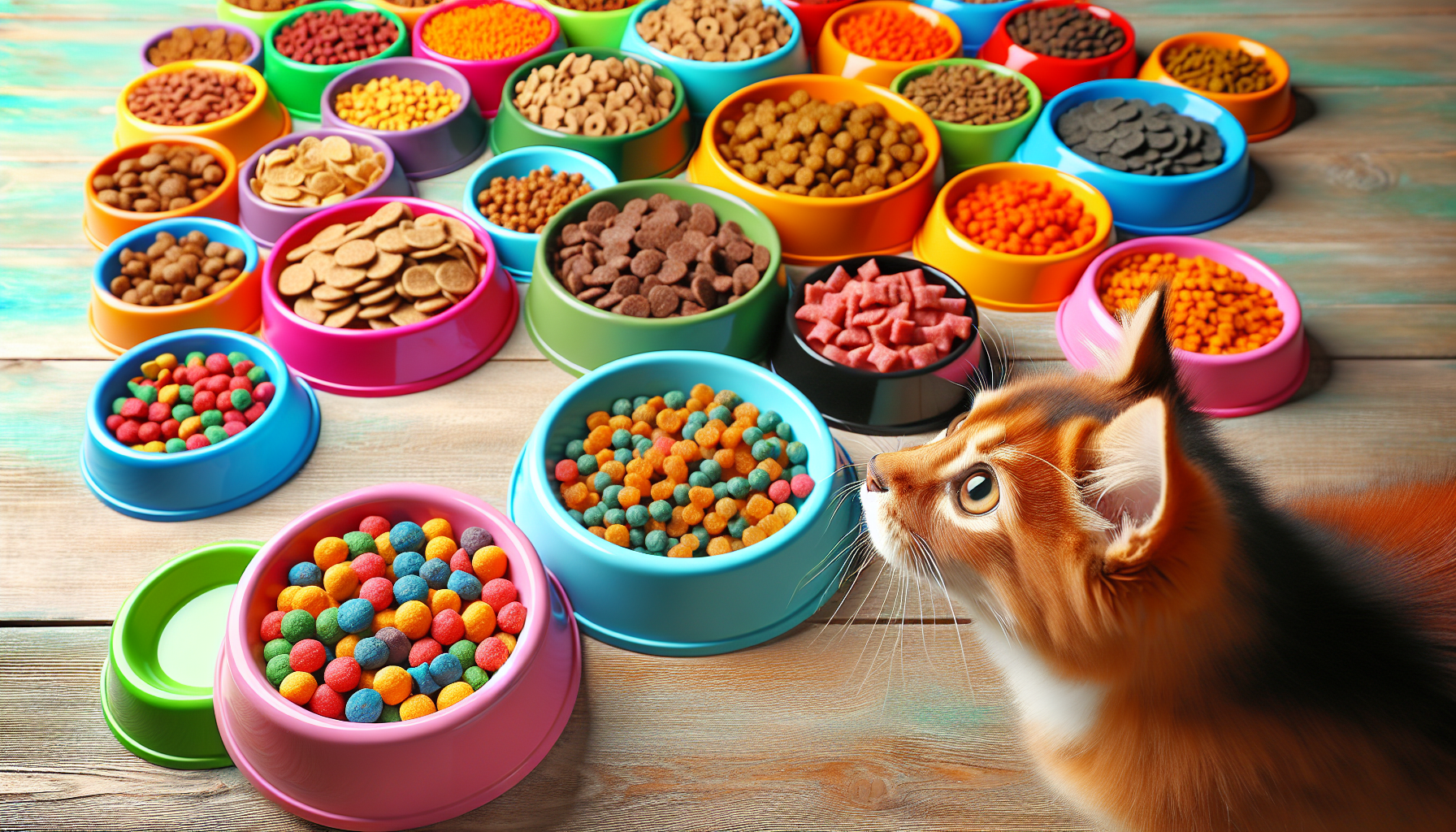Ensuring the well-being of your beloved pet is a top priority for any pet owner, and a crucial component of their health and happiness is a balanced diet. Just like humans, pets require a diet that meets their specific nutritional needs. Here are some expert tips to help you maintain a healthy diet for your furry friend.
Understand Your Pet's Nutritional Needs
Every pet is unique, and their nutritional needs vary based on species, age, size, and health conditions. Cats, for instance, are obligate carnivores requiring a diet high in proteins, while dogs are omnivores and thrive on a varied diet that includes meats, grains, and vegetables. Always consult with your veterinarian to tailor a diet plan that fits your pet's specific needs.
Choose High-Quality Pet Food
Select pet foods that list quality ingredients at the top and avoid those with fillers like corn and soy. Look for food that contains whole meats or carbohydrates and steer clear of products with artificial preservatives, colors, or flavors. High-quality pet food brands undergo rigorous testing to ensure they meet safety and nutritional standards.
Practice Portion Control
It's easy to overfeed pets, contributing to obesity, which can lead to various health issues. Follow feeding guidelines provided on pet food packaging, but also consider your pet’s activity level. Regularly consult with your vet to adjust food portions ensuring they maintain a healthy weight.
Include Fresh Foods
Incorporating fresh, pet-safe foods into your pet's diet can provide added nutrients. For dogs, you can include small amounts of vegetables like carrots or peas. Cats can enjoy a bit of cooked fish or chicken. Remember to introduce new foods gradually and in moderation to prevent digestive issues.
Avoid Harmful Foods
Some human foods can be extremely harmful, even fatal, to pets. Always avoid chocolate, caffeine, grapes, raisins, onions, garlic, and xylitol-containing products. Educate yourself about which foods are toxic and keep them out of reach.
Hydration is Key
Ensure that your pet has access to fresh, clean water at all times. Proper hydration is essential for digestion, metabolic functions, and overall health. Some pets may also benefit from wet foods, which provide additional moisture.
Monitor Treat Intake
Treats can be an excellent training aid and a way to bond with your pet, but they should not make up more than 10% of their daily caloric intake. Opt for healthy treats that contribute to dental health or provide specific nutrients.
Regular Vet Visits
Regular check-ups are vital in confirming your pet’s diet is meeting their health needs. Your vet can perform assessments, suggest dietary adjustments, and help prevent nutrition-related health problems.
Be Mindful of Special Dietary Needs
Some pets may have allergies or chronic conditions like diabetes or kidney disease, necessitating special diets. Work closely with your veterinarian to create an appropriate meal plan and avoid complications.
Maintaining a balanced diet for your pet is an ongoing process that requires attention and periodic adjustments. By providing the right nutrition, you are ensuring that your pet leads a happy, healthy, and active life. Your commitment to their dietary well-being is a meaningful expression of your love and care.
